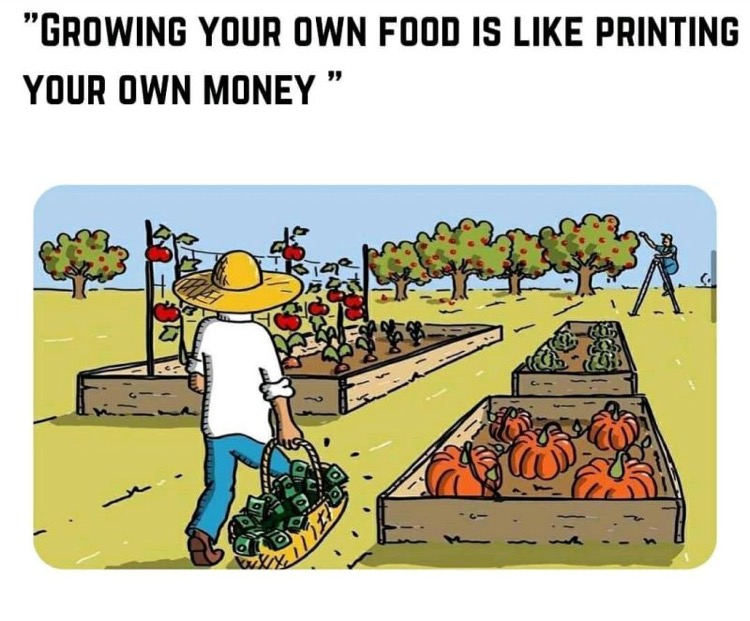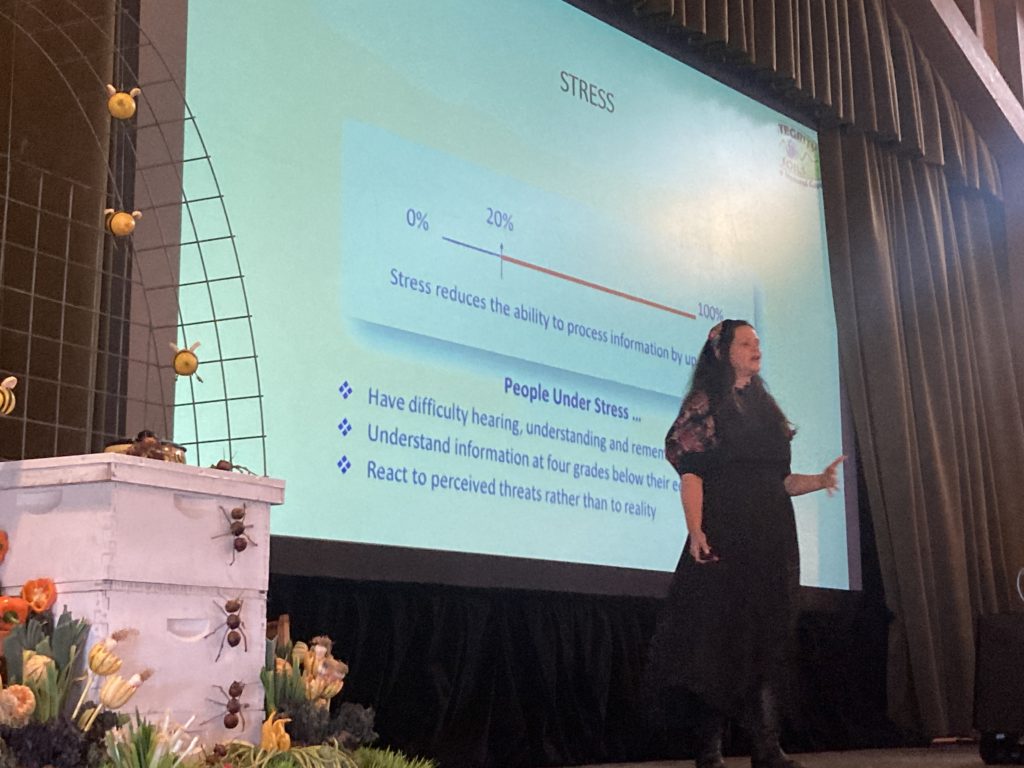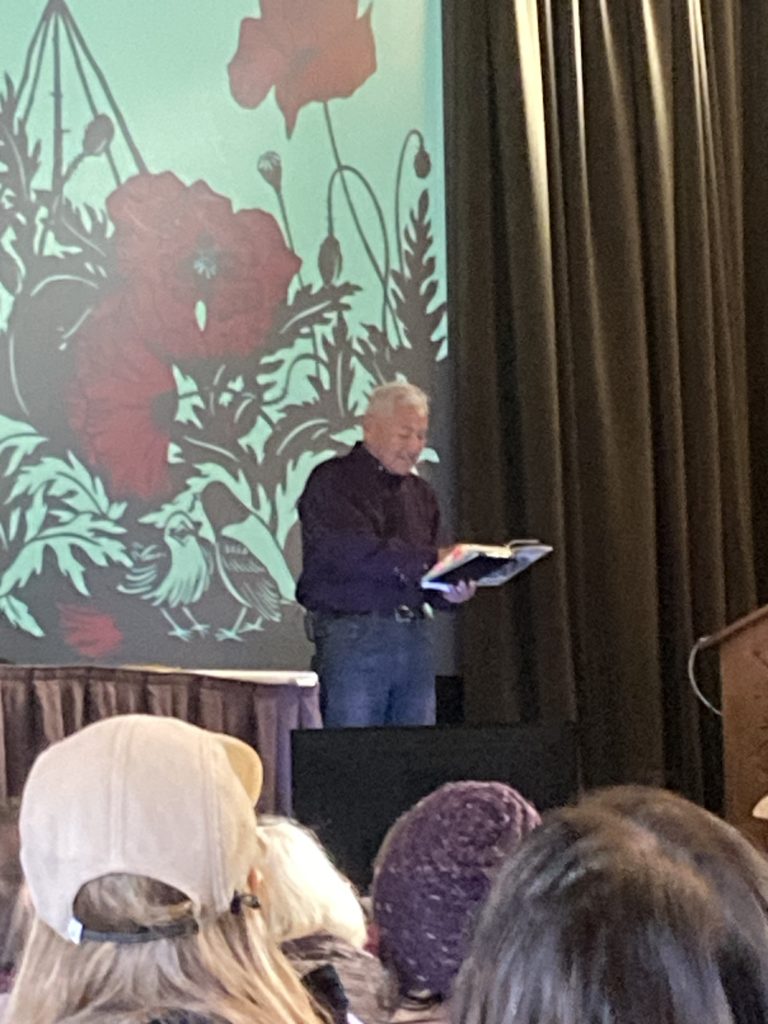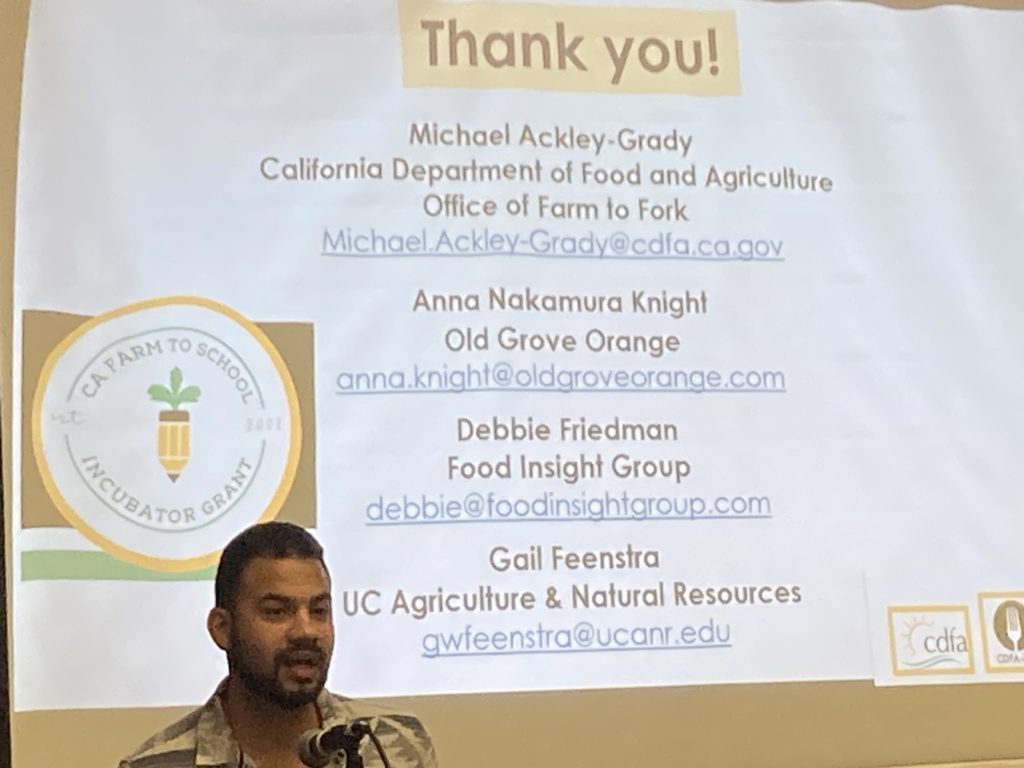Get more connection and agency over your life, starting with your Food Supply.
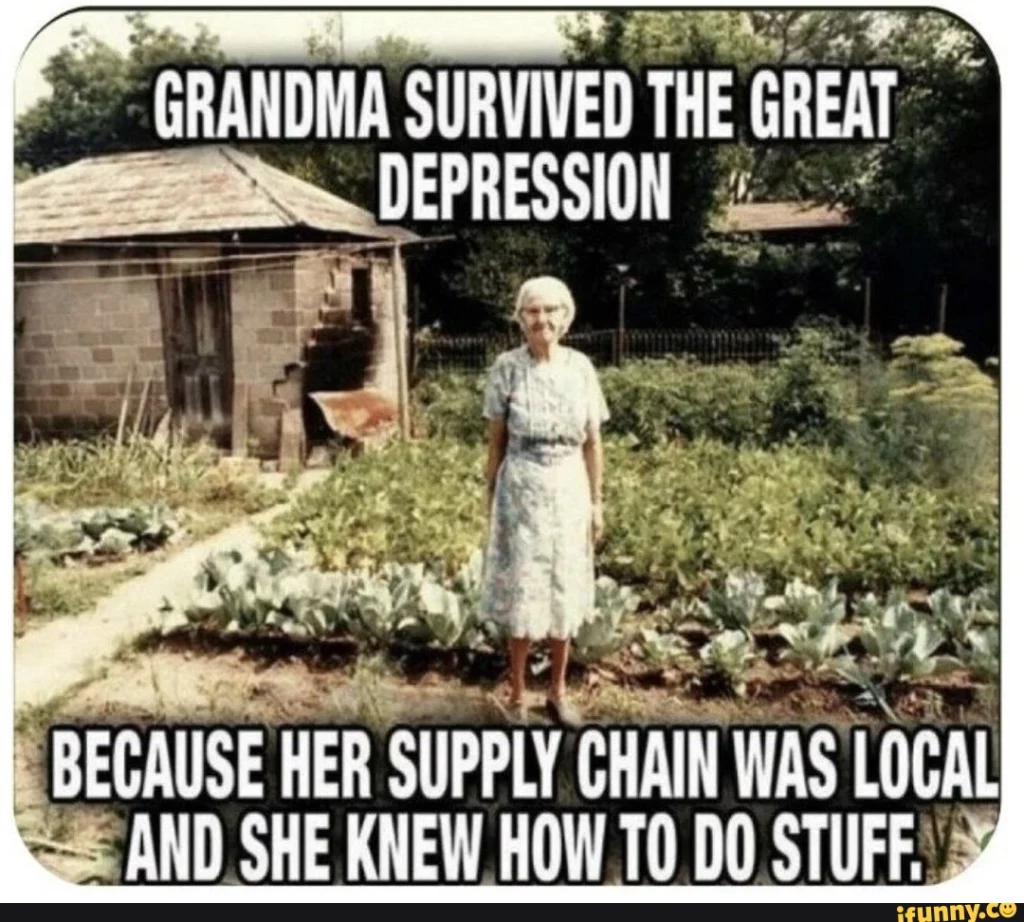
GLOBAL VIEW: Vandana Shiva, the leading spokesperson for smallholder farmers and food sovereignty in a world increasingly dominated by consolidated corporations, speaks eloquently. Taking back control of our food supply is essentially a community affair, in every country and province. Learn more here.
Eating rituals used to exist in a much simpler world of supply and demand. One hundred years ago in America, nearly everyone had a vegetable garden, and many kept chickens or other domestic animals for meat. Neighbors shared and exchanged food gifts frequently. A child accompanying a parent to the grocery store was aware of where milk comes from, even if the family didn’t have it’s own cow.
Today, by not inviting children to think about where all the food comes from, we are training them to be complicit in their own poisoning. Most of us misunderstand or have an oversimplified picture of what is really going on with our food supply. Making good food choices is difficult in a world of junk that masquerades as food. Young people today eat more junk and fast food than ever. Even (especially) in school! As a part time teacher who has worked in California and Hawai’i, I am astounded by the poor food choices that pass as normal. Normal poisoning is more like it. We know better. How is this possible? Shouldn’t we question who profits when a population is addicted to a non-nutritive ‘food’ system? The problem spans all social strata, and is probably the real ‘conspiracy’ everyone should be thinking about and acting upon.
Industrial agriculture promotes a narrative of domination about what constitutes healthy food and a robust food supply. Despite longstanding organic activism and consumer demands for pure safe food; the global industrial ag economy seems like an unstoppable juggernaut, intent on co-opting revolutions to control greater and greater shares of the profit pie. Technical advancements have enabled large monocultures of organic carrots, for example (‘optimized to scale’) that classify as Organic even with minimal biodiversity and little attention to the nutritional value of the crop. Nowadays you can call hydroponic berries, lettuce and tomatoes ‘organic’, even though they are grown in soilless solutions with little root biology. See: The Real Organic Project
Advocates for conventional large scale agriculture are not very interested in monitoring the actual nutritional value of crops, or assessing how growing practices affect crop nutritional values. The drive to ‘scale’ agriculture to feed the world without farmers is another dangerous and disastrous mindset many are unaware of also. It’s important to stand up for and support small/medium and family farms and prevent them from being gobbled up by corporate farming or taken over by secretive special interests.
GE (genetically engineered) crops involve increasingly complex contracts that dictate farmers’ choices with expert combinations of economic and legal pressures. These controlling tactics functionally emasculate farmers and ultimately put consumers and the entire food system at risk. Biotechnology has ushered in a fast paced era of industrial agriculture, fueled by profit motives. Regulators are ironically now regulated by the established monopolizing industrial ag players. Oversight by Federal agencies such as EPA, FDA and USDA is inadequate
The issues are complex and in many ways overwhelming, but there are tools for action. Glimpsing these threats of industrial agriculture, we see the implications of consumer ignorance and farmer compliance which further the status quo.
Comments and Suggestions:
- Insist that the FDA, EPA and USDA monitor the development and use of GE crops and products and enforce safety protocols. Check out the work of Cal GE Free (Occidental Arts and Ecology), Western Organization of Resource Councils (WORC), Hawaii GE Free
- Overreliance on pesticides for soil and plant health is a fool’s game. Learn: Pesticide Action Network
- Community Alliance with Family Farmers is an organization that supports small family farms and keeps farm sovereignty proponents connected and able to respond to action appeals.
- The Cornucopia Institute works tirelessly to make our food supply more transparent to consumers so we can make informed choices. We need watchdog organizations and standards bearing professionals to champion the work so that average eaters can be aware and act impactfully.
- It’s important to be more direct in our relationship with food. Support local farming and organic agriculture by buying from CSA’s (Community Supported Agriculture) visiting farmers markets and engaging with food banks and other food hubs.
- Pay attention to the quality of the menus in Public Schools. Support Farm to School initiatives that provide healthier lunches to students, better wages for food service workers and and additional market share for local food producers.
- Check out the “Slow Food” Movement online at www.slowfood.org and seek to choose foods which are produced in a manner that is ecologically sound, economically viable and socially just (sustainable).
- Tune in to the farmers and farm communities that are actively defending their right to exist. Support the courage of the truth tellers, like Sonja Trom Eayrs, whose new book Dodge County, Incorporated: Big Ag and the Undoing of Rural America dares to document truth and confront power.
- Industrialized meat production is unsavory, unsanitary and dangerous. If you care to eat meat, choose free range or humanely produced products with bonafide certification. The incredible waste in many types of ocean fishing is unsustainable and damaging to ocean biodiversity and health. Choose “dolphin-safe” tuna. Guides are available from Monterey Bay Aquarium and the Center for Food Safety.
- Encourage your friends and relatives to understand the importance of Real Organic whole foods and help them eliminate Highly Processed Foods (HPF’s). To better understand the point of view of farmers who are champions of Real Organic farming standards, follow and Support the Real Organic Project.
Most of All, grow your own garden! Even if you only have space in pots, you can still have homegrown produce. Organic gardening resources include Rodale and The Mother Earth News. Even in a small space it’s possible to make compost and create healthy plant teas. Need ideas or a free consult? I’m happy to help.
